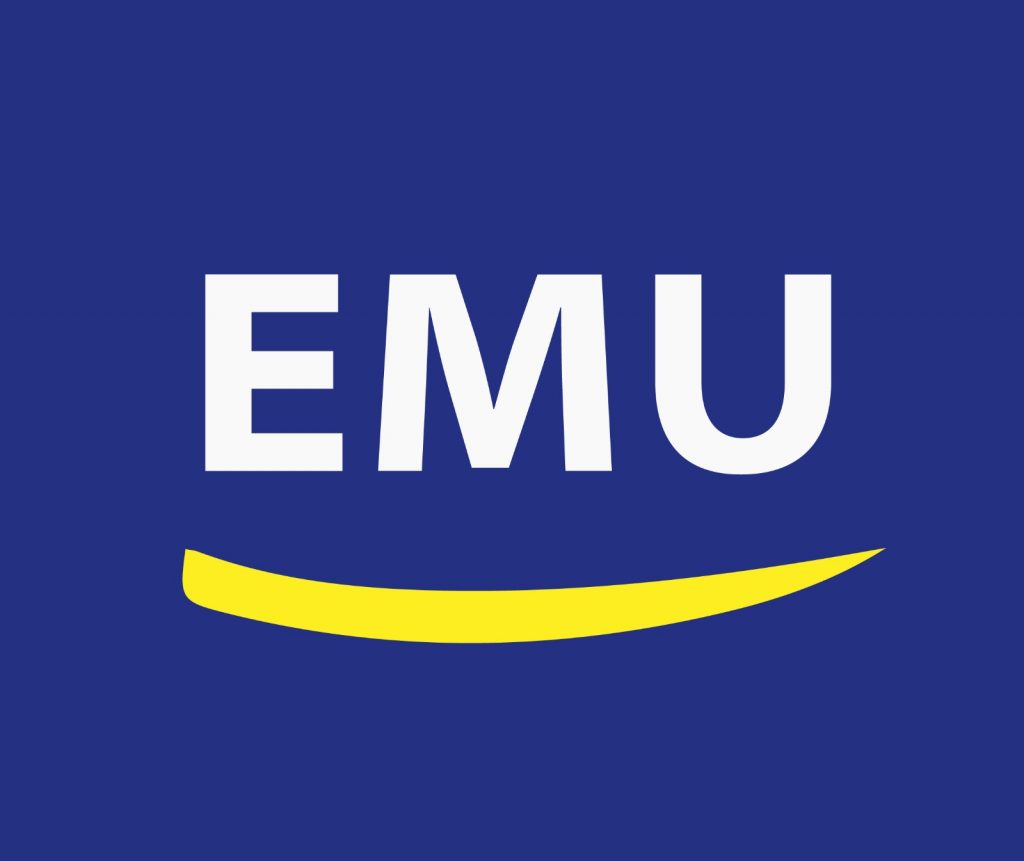„One of our major priorities“
Thomas Hammarberg is Commissioner for Human Rights, elected by the Council of Europe’s Parliamentray Assembly, since 2006. Coming from Sweden, he was Ambassador of the Swedish Government on Humanitarian Affairs from 1994 to 2002 and Secretary General Amnesty International in London in the Eighties, among quite a number of other positions. We spoke with the Commissioner about the problem of islamophobia and discrimination against muslims in Europe and what can be done against it.
advertisementhttps://web.archive.org/web/20110302210847if_/http://www.youtube.com/embed/uS56cc8PQm8
Globalia Magazine: Mr. Hammarberg, in your press release from October 28th, 2010, you have noticed an increasing intolerence against muslims in Europe. How do you see this problem in Europe at the moment, and what are its roots?
Thomas Hammarberg: The problem as such is in fact very serious. Unfortunately we see signs that it is spreading. We see that it begins to affect the main course political debate in several countries. Some political parties that take on an islamophobic agenda have won support in elections in a manner which is very unfortunate. Hungary, the Netherlands and Sweden were the last examples. So I think we have to be extremely careful now and see this as a major threat against human rights and the basic european values.
When it comes to reasons for it, this is always a bit difficult to analyze. But in general, when it comes to prejudices against groups or people, there tend to be two aspects which are dominating. One is ignorance, that people really do not know the fact about the group or people that are targeted.
And the other one is fear. Usually fear about their own future, their employment and so on. There are reasons to believe that the present economic crisis in Europe has made it easier for extremist groups to recruit support for their anti-islam and anti-muslim propaganda. But I think it would be useful to have more scientific research about how it was possible for these extremist political parties to gain support to the extent that they have had in the recent elections.
Globalia Magazine: How do you see the level of islamophobia and discrimination against muslims especially in Germany?
Thomas Hammarberg: Germany is no exception in this. I have noticed that in the autumn period there were some interesting gallops or opinion polls about this which indicated that anti-muslim feelings are widespread in Germany, perhaps more widespread that in other european countries. I also noticed that when the results of these polls were analyzed it showed that people in areas where very few muslims are living had more prejudices than people from other parts of Germany, which again confirms the impression we have that people who are at a distance from the group which is under attack tend to be more critical and more prejudiced than those who live together with this group in a more daily life.
For me, the conclusion is that this is a challenge for the politicians to stand up and inform people about that group, in this case the muslims, and explain what the islamic religion is, that many of the muslims actually are not extremely religious, not even many of them going to the mosques, and that they are just human beings with all the rights as the others have.
Globalia Magazine: Has the problem of islamophobia been overlooked and ignored for too long? Is it still ignored to a certain extent, and if yes, why?
Thomas Hammarberg: Yes to both questions. It has been ignored for many years by now. I know that in a number of cities in Europe in several countries there have been discussions, endless discussions, about permission for the muslim community to build a mosque. All sorts of difficulties have been raised on a local level against such projects. This is not a new phenomenon, it has been there for several years. I think the referendum on the minarets in Switzerland was a confirmation of a prejudiced negative attitude which we had in Europe for quite some time, just that it now seems to be on the rise, rather than fading way.
Globalia Magazine: Do you see an increasing awareness on the side of the governments, and are there differecences in this awareness between different member states of the EU?
Thomas Hammarberg: Yes, there has been much more discussion about it in recent times. Not only triggered by the swiss referendum, but also to a large extent in relation to the cartoon discussion in Denmark and in many other countries about that. But also because of the discussion about the proposals to ban the niqab and burka, at least in France and Belgium, but also in several other countries. All this has brought up this issue to the fore in the discussion.
To some extent I think it has given ammunition to the extremist groups in their propaganda, but I also see that other groups in society have begun to understand more how serious this problem is. So we have these two trends at the same time – the increase of the influence and visibility of extremist groups who use islamophobia as perhaps the main weapon in their propaganda, and at the same time a growing awareness among human rights groups and some other political groups who now begin to realize how serious this problem is. We are now coming more to a decisive period of time than previously.
Globalia Magazine: What measures can be taken to counter this problem and to combat islamophobia?
Thomas Hammarberg: First of all, and this is probably the most important thing, the politicians must stand up for freedom of religion and respect for religions and take a position in principle against all actions and propaganda of islamophobia. And I think the politicians have not done that sufficiently, particularly in those countries where the extremist parties have now grown and entered the parlament. Secondly, I think it is necessary to inform better about what Islam actually is, that it is one of the three religions coming from the abrahamic tradition, and that we have so many muslims already in Europe. In the EU alone we have at least 16 million, if not 20 million. We have around 50 or 60 million muslims in Europe as a whole. So they are a part of the european society. European politicians should recognize this and defend their religious and other political rights.
Thirdly, there is a need for much stronger action against concrete hate crimes directed against muslims, of which there are quite many, and against the sort of daily discrimination for example if you come as a job seeker with a name that indicates that you have a muslim background, for example if you are called Mohammed or Ahmed. This is a kind of discrimination that must be stopped and seen as something that has to be taken up by the ombudsmen or the equality bodies in the various countries.
Globalia Magazine: Can the Council of Europe put any pressure on the governments, or at least influence them?
Thomas Hammarberg: Well, pressure has been exerted. The degree of influence has varied. There have been cases in the European Court for Human Rights which have been clear in their rulings. There is a body called ECRI, the European Commission against Racism and Intolerance, who country by country criticizes the problem of islamophobia. And my own office, the commissioner’s office, we have always taken this up in our country reports as one of the major problems when there are problems. And we have written many assessment reports about it. We really try to do something against it. The Parliamentary Assembly, a special body also within the Council of Europe, has made good statements with support of parlamentarians of the 47 member states.
But what we would expect is a better response on these actions by the governments in the european countries.
Globalia Magazine: Are you in contact with muslim organizations who provide you with informations or with whom you can exchange information?
Thomas Hammarberg: There are lots of contacts and I receive quite a lot of letters and meet people, not least from groups in countries where there is an organized muslim community in a minorinty situation. For instance I receive letters from muslims in Greece or Bulgaria, continuously. I analyze their complaints and I do raise those I find important with the governments. When I travel, I go to mosques and talk to the muftis and other muslim teachers. I am also in contact with the more secular muslim organizations, it is part of my work. Mainly these contacts happen when they come here to Strasbourg to our Parliamentary Assembly meetings, they usually come up when we have some discussions.
Globalia Magazine: Do you think that there will be a process by which at some time Islam and muslims will be seen as a part of Europe and not as alien to Europe anymore, at least by a majority of the european population?
Thomas Hammarberg: This absolutely has to be the goal. And it is extremely sad that this is not the case already today, because Islam has been here for hundreds of years by now. It is one of the obvious religions in Europe, and as I said before there are many people who identify themselves as muslims without being particularly religious, but it is nevertheless part of their identity. Why should they not have the same rights as everyone else?
But it takes time. I think this is one of the points where Europe has to be ashamed of itself. Again, I actually blame politicians to a large extent. They are not standing up the way they should do when it comes to defending european values.
We as the Council of Europe will continue to cover this issue. We will write about it now and then and I will raise it when I make my travels to the various member states, and include it in my reports. It is a fully integrated aspect of our work and one of our major priorities.
Globalia Magazine: Dear Mr. Hammarberg, thank you very much for the interview.




